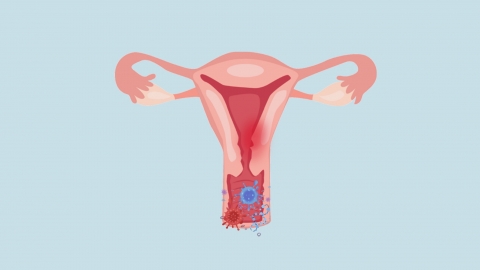What does it mean if the shape of the uterus is irregular?
Generally, an irregular uterine shape refers to abnormal structural changes observed during ultrasound or other imaging examinations, differing from the normal uterine形态. Detailed analysis is as follows:

If caused by congenital factors, it is usually due to abnormal uterine development during embryogenesis. This is commonly seen in uterine malformations such as bicornuate uterus, septate uterus, and rudimentary horn uterus. These morphological changes are typically present from birth, and some women may experience no obvious symptoms, with normal menstruation and sexual activity. However, such conditions may affect fertility and increase the risk of miscarriage and preterm birth. Enhanced prenatal monitoring is necessary during pregnancy.
Irregular uterine shape caused by acquired factors is often associated with diseases. For example, uterine fibroids can cause localized protrusion and deformation of the uterus, while adenomyosis leads to uniform enlargement and irregular contours. Uterine trauma or post-surgical scarring can also alter uterine morphology. These conditions are often accompanied by symptoms such as heavy menstrual bleeding, abdominal pain, and infertility. Treatment options, including medication or surgery, should be selected based on the specific condition.
There is no need to panic upon discovering an irregular uterine shape. It is important to seek timely medical evaluation at a hospital to determine the underlying cause. A suitable management plan should be developed based on individual symptoms, fertility needs, and medical advice, with regular follow-up examinations. Maintaining healthy lifestyle habits and avoiding excessive fatigue and adverse stimuli are also recommended in daily life.





